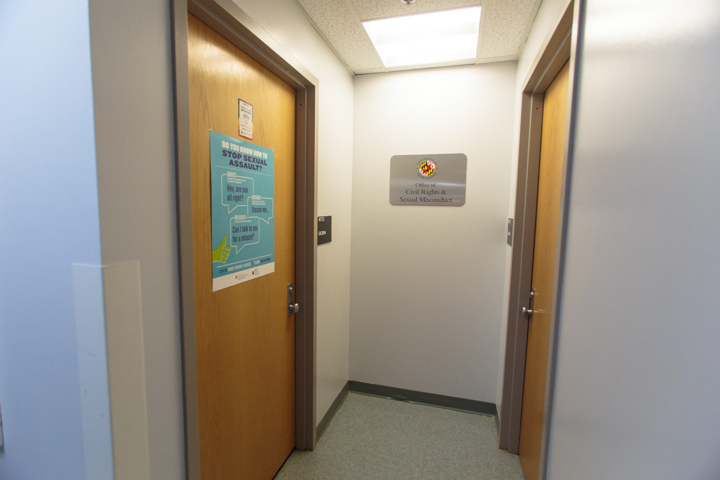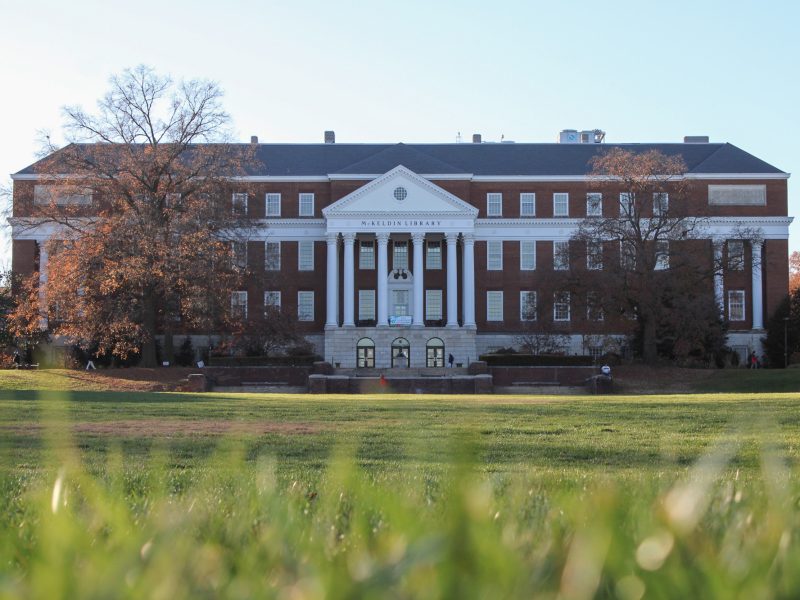By A.J. Pruitt
Vice President of Student Affairs
Nearly a year ago, the editorial board of this paper stated: “It’s on us to stop sexual assault. It’s on the whole university, and especially on the Title IX office — but it’s on administrators to give [Title IX Coordinator Catherine] Carroll and her team the means to make it happen. “
Since then, as a member of the Student Government Association, and as the organization’s Vice President of Student Affairs, I’ve been part of a large group of student leaders who have continually advocated for the Office of Civil Rights and Sexual Misconduct to receive the additional funds it needs to function properly. Despite our advocacy, Carroll and her staff have not been provided these desperately needed resources. Though this university’s policy states that Title IX cases should be resolved within 60 business days, it takes more than twice as long, on average, for the office to complete an investigation.
In the past year, investigations into student sexual misconduct complaints have increased by 38 percent, yet funding and personnel numbers for the office remain the unchanged. This lack of resources provided for the office results in the harmful delay of investigations for all members of our community, and continues to inhibit our ability to properly support victims of sexual violence on our campus.
The SGA Executive Board and I are proposing we change the dynamic on the campus by incorporating the office into the student fee process. More specifically, we want to introduce a fee of $17.50 per semester for each full-time undergraduate and graduate student, which would raise nearly $1 million in new revenue and fully fund the office for the first time in its history. We believe students have the power to provide the office with the recourse they need through this proposed fee.
This new revenue would facilitate the hiring of a deputy director and two additional investigators, whose primary responsibility would be to ensure that students do not experience delays in their investigations if they choose to file a complaint with the office. In the past two years, the office has experienced a 65 percent increase in sexual misconduct complaints, and a 40 percent increase in civil rights complaints. This proposal ensures that the office is adequately staffed to meet this additional demand.
Another vital aspect the proposed fee would bring is the hiring of a full-time prevention manager, who will be responsible for the consolidation and coordination of sexual misconduct prevention efforts across campus. When first established, the office was tasked with leading our campus’ prevention campaigns, but has lacked adequate funds and personnel to take on this responsibility. Without a leader, we’ve been left with disjointed prevention efforts from multiple sources across the campus. It’s time we stop reacting to sexual misconduct, and start actively taking steps to prevent misconduct and violence before it occurs. If approved, the outcomes of this proposal will create the foundation needed for these proactive efforts.
As elected representatives of the student body, the SGA Executive Board and I continue to be cognizant of the financial struggles many students in our community face while trying to manage our mandatory student fees, and we remain committed to keeping all fees as low as possible while still ensuring the campus and student body have the services and capital they need to succeed.
We must have the courage to step up and take leadership on the prevention of sexual misconduct and other forms of unlawful discrimination occurring on our campus. As leaders, we must ensure that the main investigative and preventative mechanisms on our campus are adequately funded. This fee proposal would accomplish that goal.
Some may be tempted to label this a fearless idea, but that is not the case. This idea is not fearless, it is necessary to the establish a future free of discrimination and sexual violence on our campus — a future that provides a strong support system for survivors of sexual violence and a community on the campus that is proactive in preventing sexual misconduct.
Moving forward, this student body must continue calling on our university administrators to take the lead on this issue — rhetorically and financially. While this proposal is a sign of progress, it must only be considered a short-term solution to a much larger problem. The office needs a larger financial commitment from University President Wallace Loh and his administration, not just the student body.
Since taking office last spring, it has been an honor to work with student leaders across the campus to gain support for this initiative. I’m proud of all the students who have pledged their support for this proposal and remain committed to holding our university accountable for providing the resources that students need. While I believe the introduction of this fee is necessary and essential, I know it is merely the first step in a long journey toward a safer and stronger university for generations to come.



